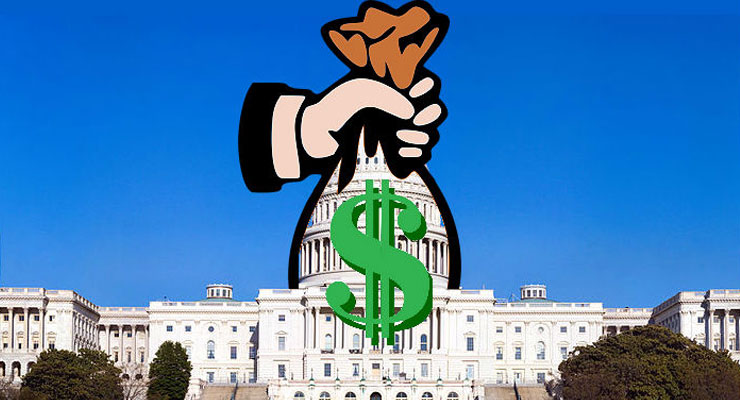
Some really interesting new research on trust and politics comes from Michigan State University and North Carolina State University. Take a look at the paper abstract:
Political trust is a perennially important concern and the events of the last few years have, in many ways, heightened this importance. The relevant scholarship has done much to meet this challenge but continues to struggle with definitional unclarities and an inability to provide accounts that consistently operate as expected.
The current research seeks to test the potential of a classic model of trust from the organizational sciences that makes specific arguments regarding the psychological nature and mechanisms of the construct in helping to address these concerns. Using data from a national convenience sample, we provide preliminary evidence which suggests that measures and models addressing this theoretical account of psychological trust form unidimensional and reliable measures that may more precisely explain the process of political trust and outperform current measures in predicting relevant correlates.
We conclude by discussing the implications and limitations of our work and, in so doing, lay a foundation for a new research agenda for political trust.
Here is a bit from a write up of the research from an article by Caroline Brooks and Joseph Hammat at MSU Today:
The new research, published in PLOS ONE, tested a vulnerability-centered definition of trust — meaning, defining trust as a willingness to be vulnerable to the actions of another. The results revealed three assessments that lead to one trusting in the government: whether it has the ability to do its job, the benevolence to care about its people and the integrity to generally do the right thing.
“We went beyond the question of, ‘do you trust government?’ to find out what the concept of trust really means. Our research presents new ideas for thinking about political trust and offers suggestions for how to refine it beyond what’s been done in the past,” said Joe Hamm, MSU assistant professor of criminal justice and lead author of the study. “Using previous trust measures, people view ‘happiness with’ and ‘trust in’ government interchangeably — which is something we wanted to break apart and dissect. This is critical for us to understand and consider, especially given shifts in what we perceive as trust in recent years.”
See the full MSU Today story here.
Leave a Reply